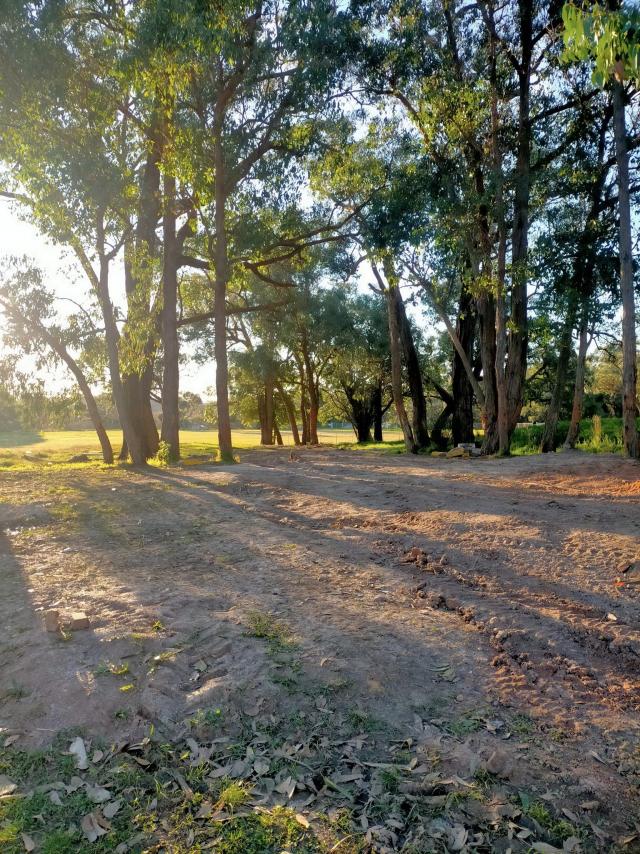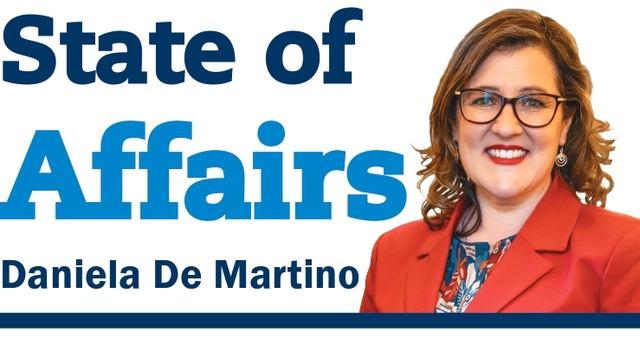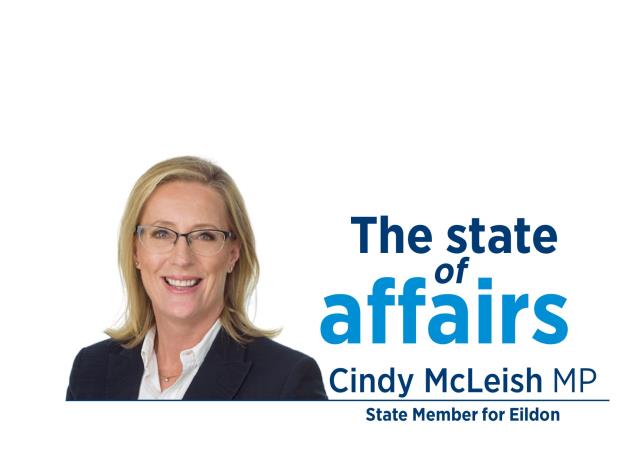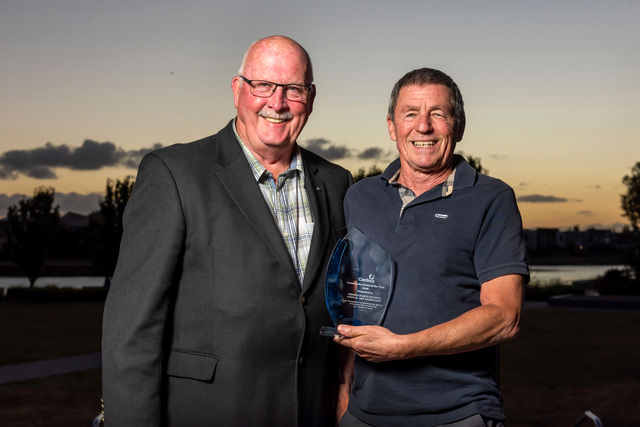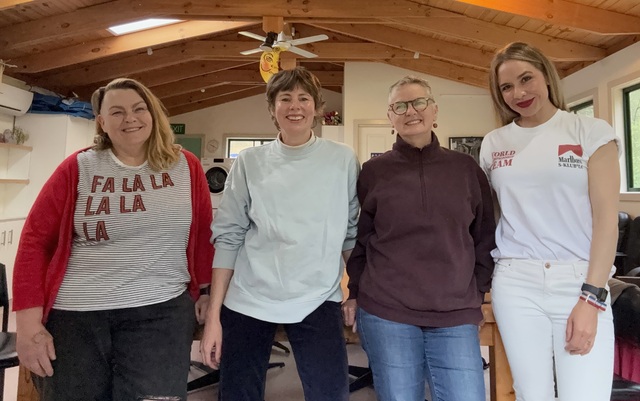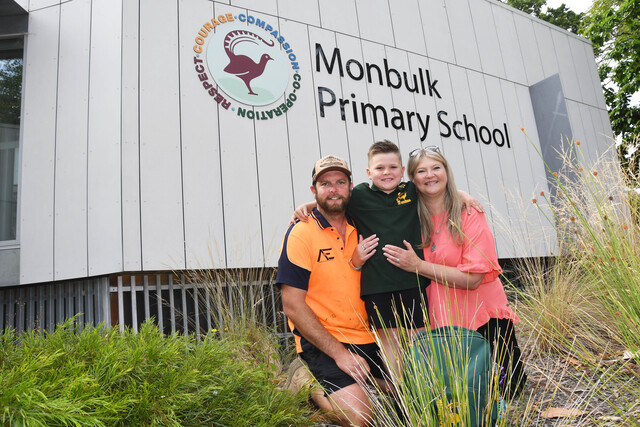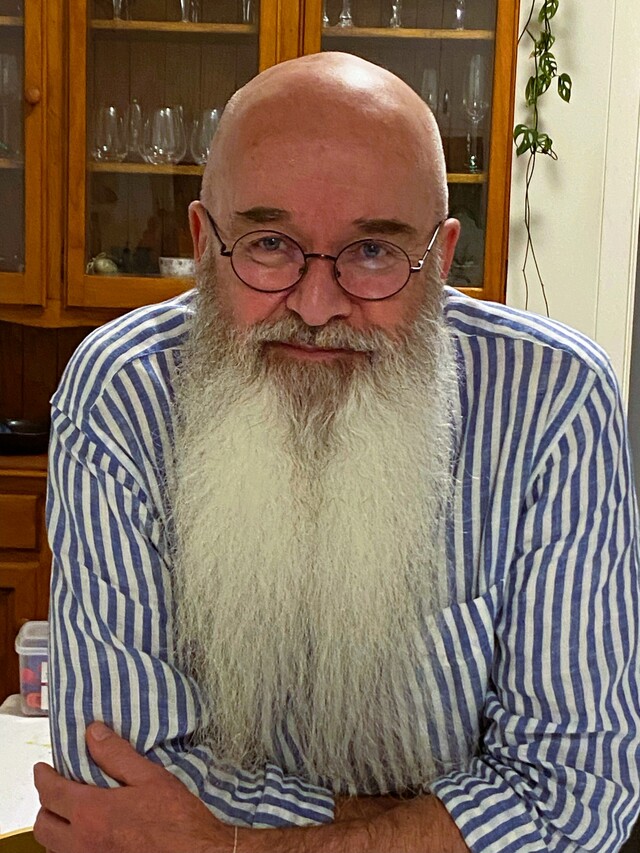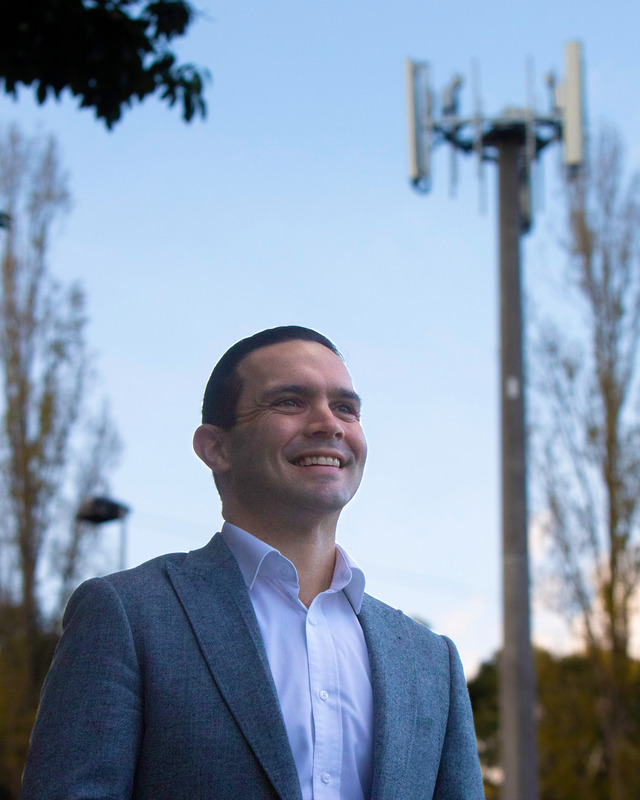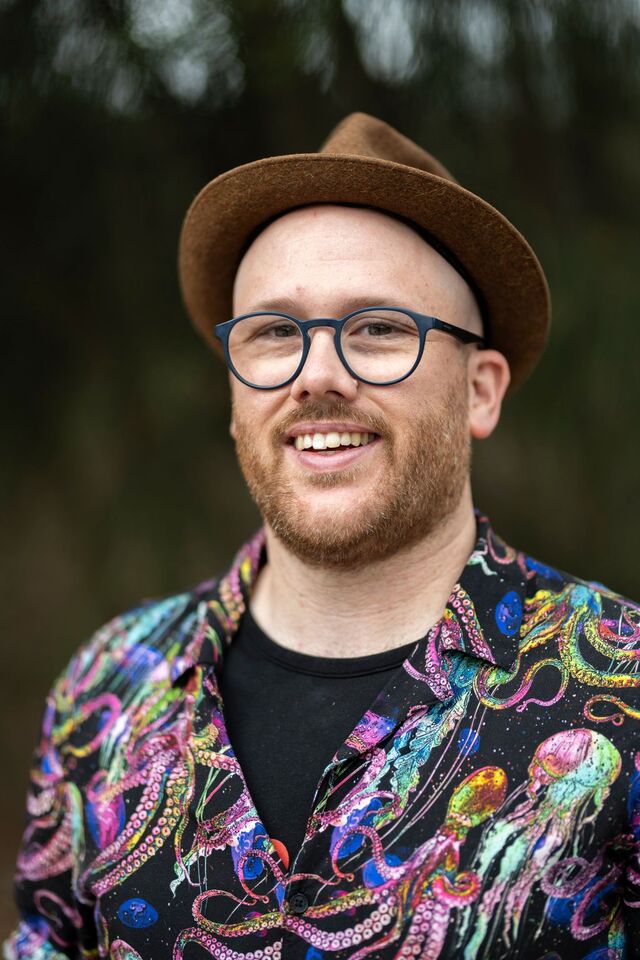Locals have raised concerns about the use of weed sprays by councils across Victoria, including Knox.
It comes as a class action lawsuit has been undertaken in the Federal Court in Melbourne, with 800 Australians claiming their diagnosis of non-Hodgkin lymphoma is linked to using glyphosate-based weed killer, Roundup.
Knox City Council (KCC) is one of many across the state that use glyphosate-based herbicides, namely Roundup Biactive, formulated for use in environmentally sensitive areas.
A representative of KCC said the council uses a range of methods to manage weeds on Council land, including mulching, hand weeding, goats (in some steep areas and difficult terrain) and selective herbicides for targeted weed species.
Despite concerns, they said methods such as hand weeding are preferred at sensitive sites, including playgrounds, kindergartens, preschools and school zones but there are occasions when other methods are used in accordance with strict control measures.
According to the World Health Organization’s International Agency for Research on Cancer (IARC), glyphosate – the world’s most commonly used herbicide – was identified as a probable human carcinogen.
For the herbicide, there was limited evidence of carcinogenicity in humans for non-Hodgkin lymphoma, however studies have shown convincing evidence that glyphosate can cause cancer in laboratory animals.
Additionally, evidence was found in the 2015 studies that glyphosate caused DNA and chromosomal damage in human cells.
Glyphosate has been prohibited for household use in France, the Netherlands and Belgium, with total bans in Vietnam and some US cities, and Germany next in line to ban the controversial herbicide by the end of 2023.
In Victoria, Port Phillip, Frankston and Brimbank councils have all re-introduced glyphosate sprays into their weed-control methods in recent months, with locals to those municipalities unhappy with the change.
Port Phillip Council acting Mayor Andrew Bond said the reintroduction has come following investigation by council officers, which considered academic and industry advice.
A petition is now being launched by Port-Phillip locals.
Knox Environmental Society, whose focus is on the protection and improvement of biodiversity across the Knox municipality, said weed control is a concern in the region, however safety is also important for locals.
President Richard Faragher said they would want all people to be as safe as possible at work and around their municipalities.
“If another product can be used as a replacement which is safer and better for the environment, then we would endorse its use.
“Having said that, we would want weed control work to continue, so our natural spaces are not overrun by weeds.
“This can happen very quickly, so if spraying was suddenly stopped it could take years to recover,” he said.
The Knox City Council representative said the council follows advice and guidelines from government regulators to ensure a consistent focus on staff and community safety and environmental sensitivity.
“We are guided by the Australian Pesticides and Veterinary Medicines Authority governing body and best practice guidelines,” they said.
Any questions or concerns with council practices are advised to be directed to Knox City Council on their website knox.vic.gov.au

